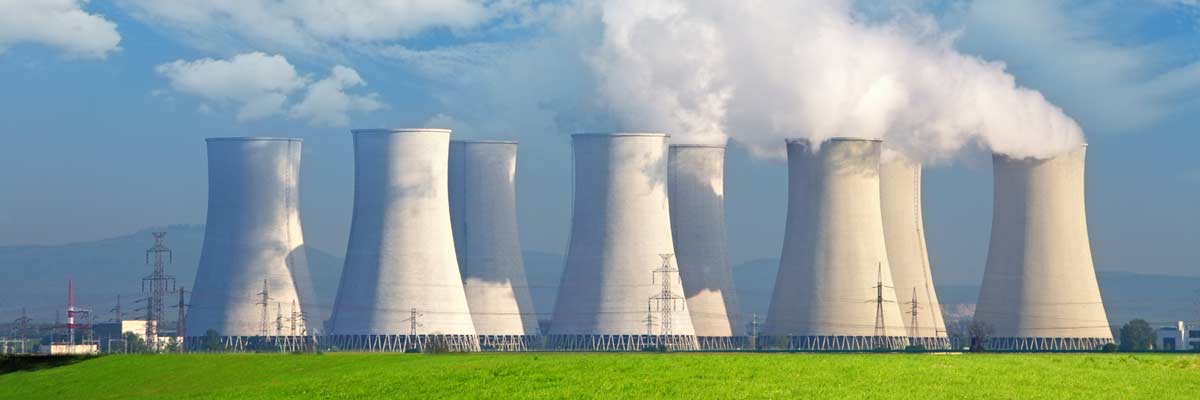Power Play: MSNBC Gives You The 411 On Nuclear Energy
If you haven’t noticed, there’s a bit of a renaissance happening in the nuclear power plant industry. A decade ago, no one — not even government officials — mentioned the technology. Now, with the Bush Administration in power the last six years, environmental concerns over coal burning plants, and an influx of investment, the topic is back and hotter than ever.
This week, MSNBC.com has a fascinating five-part article, called Power Play, on the return of nuclear energy into the social consciousness. Of course, it’s not like it ever truly went anywhere. After all, 20% of the energy flowing through the U.S. comes from nuclear energy. What is interesting, however, is how the industry — once considered unsafe and expensive — has turned around their image and now has as many as 31 new nuclear reactors on the drawing board for U.S. soil.
The article chronicles the money, the technology, and the criticism of the industry. Obviously, for the all the wonderful emission-free electricity generated by nuclear power, there’s tons of radioactive waste (close to 47,000 metric tons!) and the threat (although lessened in modern plants) of a disaster on scale with Chernobyl. There are plans to bury that waste at the Yucca Mountain facility in Nevada, but such fixes are more than 10 years away and may never happen at all. So, we have all this waste to still contend with.
One possible solution proposed by the Bush Administration is the Global Nuclear Energy Partnership. This controversial plan “envisions a system in which developing nations would receive nuclear power plants and fuel from the West in return for agreeing not to develop their own nuclear technology. The plan hinges on the controversial element of reprocessing spent nuclear rods to produce fuel that can be burned at GNEP plants, an activity that has never been done commercially in the United States.” Such a process would greatly reduce waste, clean the air, and help third-world nations. It’s also, unfortunately, prohibitively expensive and — as some critics content — will actually contribute to nuclear weapons proliferation. You see, reprocessing is actually a very dangerous technology. Plutonium, the element that creates a nuclear weapon, is ’self-protected’ when mixed in with highly radioactive spent fuel. Once separated from other waste through reprocessing, however, you can carry around plutonium for hours without sustaining any serious energy; and it only takes about 10 pounds to make a weapon. Such ‘recycled’ Plutonium would be sent to third-world countries and critics contend, could then possibly fall into the wrong hands.
Anyways, it’s an interesting read and I encourage you to have a look. I still have my doubts about any technology that creates such massive waste and could itself contribute to weapons or disaster. Advocates of the industry can go on for days about how great this or that is, but the end result is nothing surrounding the word ‘nuclear’ is 100% safe. Just like coal burning plants, it’s still a dirty technology. OK, Nuke pros/cons, let’s talk about this.






